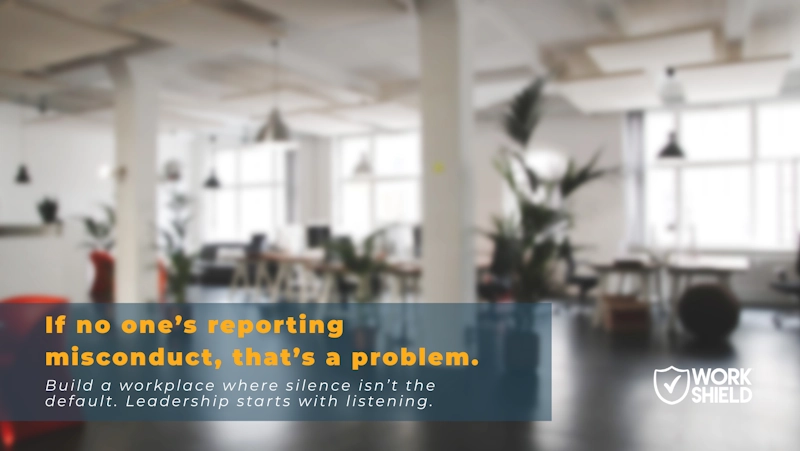According to the Workplace Bullying Institute, an estimated 48.6 million Americans are bullied at work. The prevalence and the detrimental impacts of workplace bullying should be a top priority for organizations, as bullying can affect employee experience, organizational performance, reputation, and ultimately, the bottom line.
As 73% of employed Americans are aware of workplace bullying, it’s important organizations demonstrate their awareness and proactivity to mitigate these types of issues in the workplace.
How Workplace Bullying Affects Organizations
The aftermath of workplace bullying can be felt across an entire organization. Workplace bullying that goes unreported and unresolved can create a hostile work environment, exposing an organization to costly legal and financial risks, as well as reputational damage. In addition to harming the organization, victims of workplace bullying can experience decreased productivity and performance. In fact, bullied employees are 23% more likely to quit their jobs, which can result in increased turnover and cost a single business up to $100,000 per year, per victim.
Strategies for Fostering a Respectful and Safe Workplace
To mitigate bullying in the workforce and foster a healthy and positive workplace culture, employers should provide tools and processes that encourage open communication, without fear of retaliation. As an employer, it’s important to support a safe and compliant workplace with clear policies, training, and education. To reinforce these ideals, employers need to keep these concerns top of mind for their employees. By utilizing training programs that address bullying behavior, organizations can help employees know what constitutes bullying and how to report any incidents that occur.
In addition to policies and processes, third-party solutions, such as Work Shield, offer an effective way to enhance and maintain a safe and compliant workplace environment. With end-to-end misconduct management, handling everything from reporting and investigations to recommended resolutions, Work Shield mitigates potential bias and legal risks, and streamlines the process for a timely and effective incident response. This allows human resources departments to focus on other aspects of their work, while having peace of mind that misconduct is being effectively investigated and resolved.
Benefits of Addressing Workplace Bullying Early
In addition to mitigating costly risk, proactively addressing the effects of workplace bullying has many organizational benefits. For starters, organizations that address bullying proactively will reinforce a strong organizational culture, helping an organization to maintain a positive reputation, attract top talent, and earn the trust of clients or partners.
Improving employee retention is an additional benefit of addressing bullying behavior early. As previously discussed, it is costly to hire and train new employees. By fostering a solid foundation of respect and proactively addressing any misconduct, organizations can retain their top talent and support their growth within the organization. This not only helps human resources departments with these issues but also safeguards ROI and creates a better-engaged workforce.
Taking Action to Create a Bully-Free Workplace
By implementing processes, policies, and solutions to remove bullying behavior from the workplace, organizations can negate the effects of workplace bullying, allowing human resources departments to focus on what matters in the workplace.
Implementing Work Shield can mitigate the financial, reputational, and legal risks of misconduct such as bullying. Partnering with Work Shield, organizations can create safe workplaces comprised of integrity and trust.





